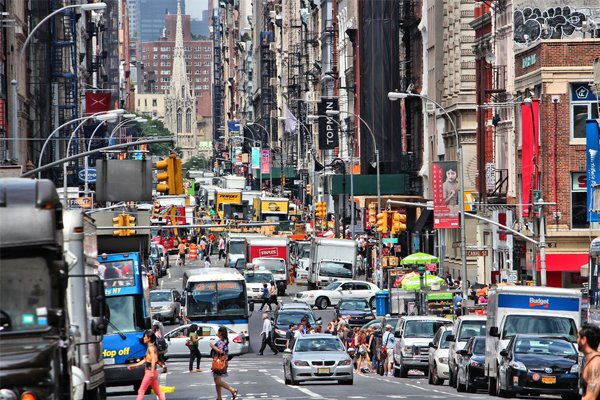10 Percent of New Yorkers May Have Elected NYC's Next Mayor

On Wednesday morning of September 11, 2013, I walked into my courses on intro to U.S. History at St. Francis College in Brooklyn, New York. With over 60 students -- almost all of which reside within the five boroughs -- I asked my students who had voted in the previous day’s primary election to decide who would represent the two major parties in the November election for mayor. Only two students responded that they had cast their ballots the night before (one of which had a cousin run--successfully--for city council in Staten Island).
This voting percentage, below 3 percent, reflects a broader trend in the election.
Among 18-22 year olds, only a tiny percentage participated in the primary and among the general population as a whole, only approximately 10 percent of New Yorkers cast their ballot and participated in one of the most fundamental exercises of American democracy.
With 98 percent of precincts reporting, it is still undecided as to whether Bill de Blasio received the requisite 40 percent of votes to avoid a runoff with the second place candidate, Bill Thompson. Current counts give de Blasio 40.2 percent and Thompson 26.1 percent.
However, with absentee ballots still uncounted, the election is too close to call. There might be a decision as early as tonight, but Politico reported early Wednesday that it might be as late as next week before de Blasio knows whether he will face a run-off with Thompson on October 1.
The current low voter turnout marked an election year that spotlighted unusually lively candidates, including the disgraced former New York congressman Anthony Weiner, who managed to mar himself in another scandal during the election, and the fellow scandal-ridden, former New York governor Eliot Spitzer, who was making a bid for city comptroller.
Both candidates lost their elections, but the contests remained compelling with a revolving door of frontrunners, including the liberal de Blasio, Thompson, who was seen as being incredibly popular among African-American voters, and Christine Quinn, who was running to serve as the first female and first openly gay mayor of the city.
The low participation, among all this intrigue, is especially alarming since it allowed for less than 10 percent of New Yorkers, from only a small number of key voting blocs, to determine who would likely serve as the next mayor of their city.
In an article published two weeks ago, I explained that Democrats outnumbered Republicans seven to one in a typical turnout for NYC general elections. Therefore, barring a major misstep from the Democratic nominee, a Democrat will likely be the next mayor of the city -— the winner of yesterday's primary.
With the current primary system allowing only registered and affiliated voters to cast their ballots, if de Blasio ends up with 40 percent of the votes, he will have been anointed by a mere 258,000 of the city’s 11 million residents -- an abysmally small number.
By not voting yesterday, both my students and the rest of the city’s population sat out on an important election that will likely determine the next four years of the city’s post-Bloomberg future.




